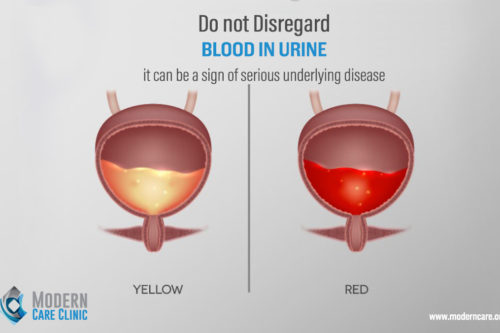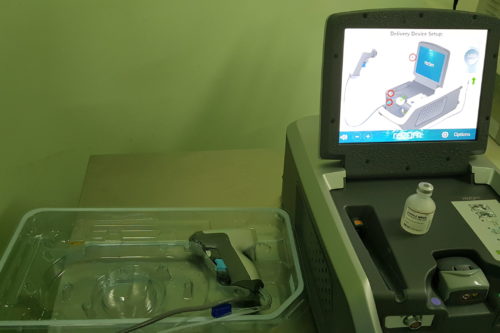Prostate problems
What is the Prostate ?
The prostate is a gland located in the lower urinary tract, under the bladder, and around the urethra. Only men have a prostate. It produces the fluid which carries semen. The prostate has smooth muscles which help to push out the semen during ejaculation.
A normal prostate is about the size of a large walnut and has a volume of 20 milliliters. The prostate slowly grows as men grow older.
2 main diseases affect the prostate:
- Prostate cancer
- Benign prostate hyperplasia
One is independent of the other and they can both coexist in the same patient.
Prostate Cancer
Prostate cancer is a malignant tumor in the prostate. The treatment and experience depend on the specific characteristics of the tumor and the expertise of your medical team. Most prostate cancers develop slowly and do not cause symptoms. Fast-growing prostate cancer is less common. The risk of getting prostate cancer increases with age. This is why some authorities recommend screening after the age of 50 and sometimes at younger ages specially in the presence of positive family history. Prostate cancer is the most common cancer in elderly men in Europe. The survival rate for prostate cancer is relatively high and is still going up with the help of advanced technology.
Treatment of Prostate Cancer
If the cancer is still limited to the prostate, surgical removal of the prostate or radiotherapy carries high chances of curing the patient.
With the help of cutting edge technology, like robotic surgery, the removal of the prostate had become a routine quick surgery with outstanding functional outcomes. Meaning, early recovery and return to daily activities. Very high continence rates and preservation of erection when possible depending on the type of tumor.
The expertise of the team performing this surgery and the technology being used is in direct relation with the outcomes and patient satisfaction. When done in expert hands, average hospital stay is being only 1 to 2 days and most of the time, the patients are being sent home without foley catheter as we are performing a special reconstruction and anastomosis prosposed by Dr. Alex Mottrie that allows us to remove the catheter on day 2 post op.
For more information on treatment of prostate Cancer through surgical approach (Robotic assisted Radical Prostatectomy), please check the interview below in which Dr. Fouad Khoury describes the advantages of minimally invasive robotic approach for those kind procedures.
Benign Prostate Enlargement
Treatment of Benign Prostate Enlargement
- Alpha-blockers
- 5 alpha-reductase inhibitors
- Muscarinic receptor antagonists
- Phosphodiesterase 5 inhibitors
- A combination of medications
- Herbal medications
- Kidney failure
- Dilatation of your kidneys
- Inability to urinate (urinary retention)
- Recurring urinary tract infection
- Recurring blood in the urine
- Bladder stone
Click on the following link for additional knowledge about Dr Fouad Khoury’s portfolio and expertise.



